Exploring the Unseen: David De Vleeschauwer captures remote adventure travel
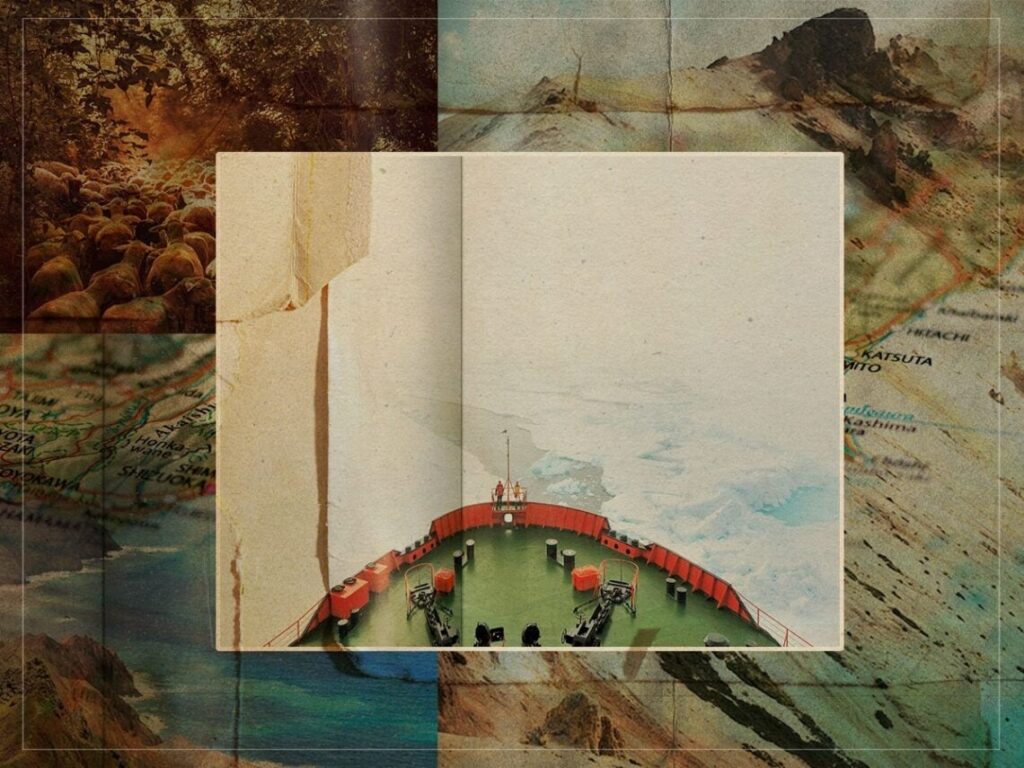 Posted On
Posted On
(Credits: Far Out / Taschen)
In an era where mass consumption abounds and drives society and culture, it can feel like a mammoth toil just getting out of bed and leaving the house. After all, almost everything is available at the click of a button, and the constant flow of information now shrinks a world which once felt so incredibly enormous. Yet, while scientists know the full dimension of the planet, and what were once considered dark corners of the earth are now shrouded in light, there are still places untouched by humanity’s constant want for more. Natural areas where time stands still and the past remains alive and well.
Residing in the amenity of the home has never been so appealing when so many things are attainable due to the roll-out of technology. However, the resistance to forgoing our natural state has taken various forms. One conduit for opposing the electrical pulses of change that emerged late last century and have continued to find life in the new millennium has been adventure travel.
When so many of us are opting to nestle in an inertia of our own making, of capitalistic comfort and passivity, some are shrugging off the technological manacles and delving into the world of adventure travel, a type of tourism and exploration where tangible risk is accepted as intrinsic. Not only this, but these most intrepid global citizens seek destinations that are off the beaten track and out of the ordinary, swapping an Irish bar in Fuerteventura or a beach chair on Santorini for the striking terrain of Patagonia, Argentina or the storied foothills of the Himalayas.
Seeking to connect with nature and experience the world’s untamed allure by venturing deep into the parts unknown, typified by the adventures of the late gastronaut Anthony Bourdain – an idea which has also produced the strange byproduct of dark tourism – ‘Adventure Travel’ has never been so vital as the world continues to lose sight of itself.
There’s a key psychological aspect to adventure travel, too. Those who have committed to it look to achieve the fabled ‘flow state’ and push themselves out of their comfort zone. This not only brings them to some of the world’s most tucked-away corners but also sees them try activities outside of pure exploration, such as mountaineering, canoeing, rock climbing, geocaching, and more. This is psychogeography turned on its head: wholly anti-urban.
Delving into the heart of this deeply personal and psychological form of exploration is Taschen’s Remote Experiences: Extraordinary Travel Adventures from North to South. Escaping to the Earth’s most remote destinations with celebrated Belgian photographer David De Vleeschauwer and travel journalist Debbie Pappyn, it immerses the reader in a collection of varying environments, from the North Pole to the South, the rugged hills of Italy to the shimmering plains of Botswana.
Providing true insight into a world far removed from our own, outlining its scope, brutality and beauty, the power of the photographs and words work to pull us out of an existence so engrossed in technology, a physical rendering of a physical world. There is something wholly revitalising and important to this form of travel, as the photographer, Ikuru Kuwajima, told Far Out: “I tried to capture their changing identity in this increasingly globalised world.” He says being in such a setting can really your ”life, worldviews and creative process”.
Taschen have also captured that, as their publication suggest: “Along the way, we meet individuals, landscapes and even vessels that become the serendipitous heroes of these wondrous adventures. De Vleeschauwer’s shared experiences depict a world where the foreign becomes familiar, the isolated accessible,” The Taschen listing explains. “In our digital, overly consumptive age, people want a true sense of place, which might be rugged, refined, or rural.”
These images are from Taschen’s Remote Experiences: Extraordinary Travel Adventures from North to South. You can find out more and grab a copy of your own by clicking here.
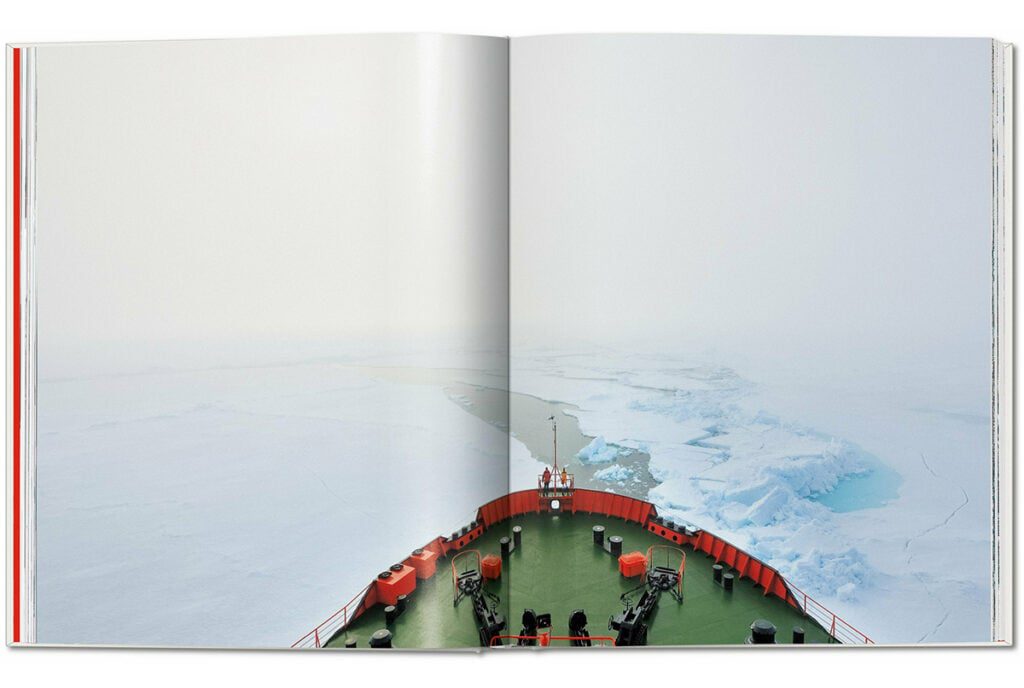
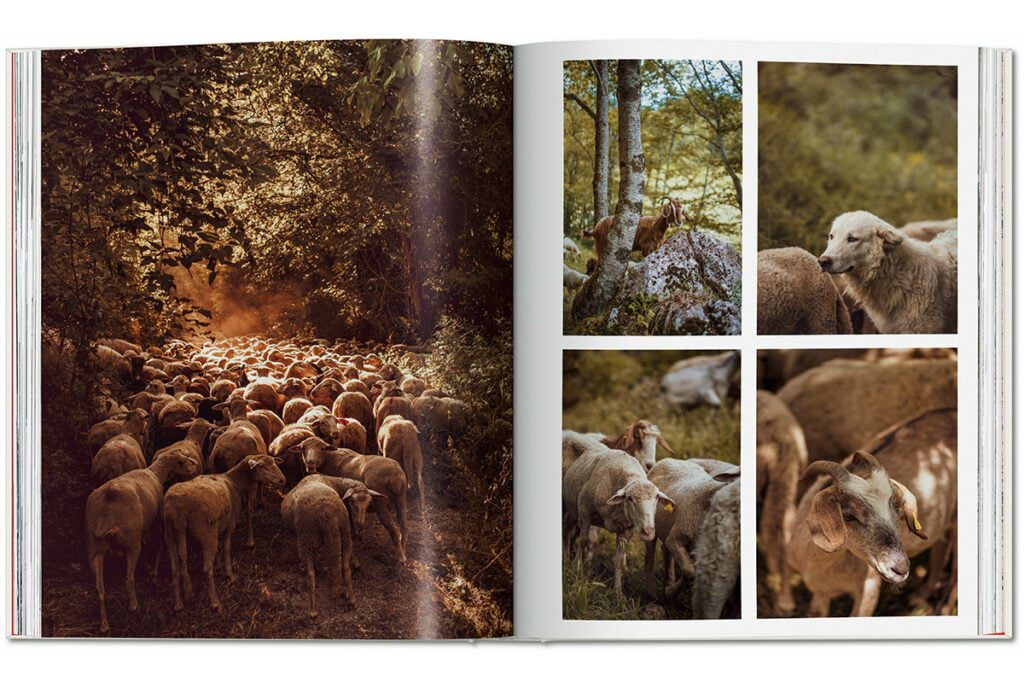
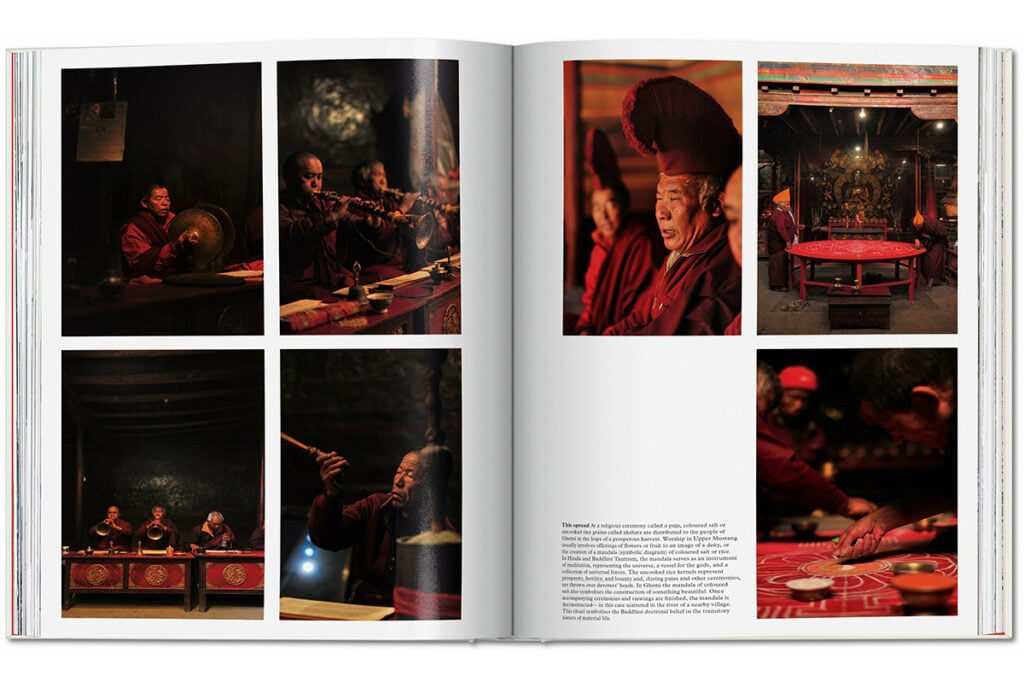
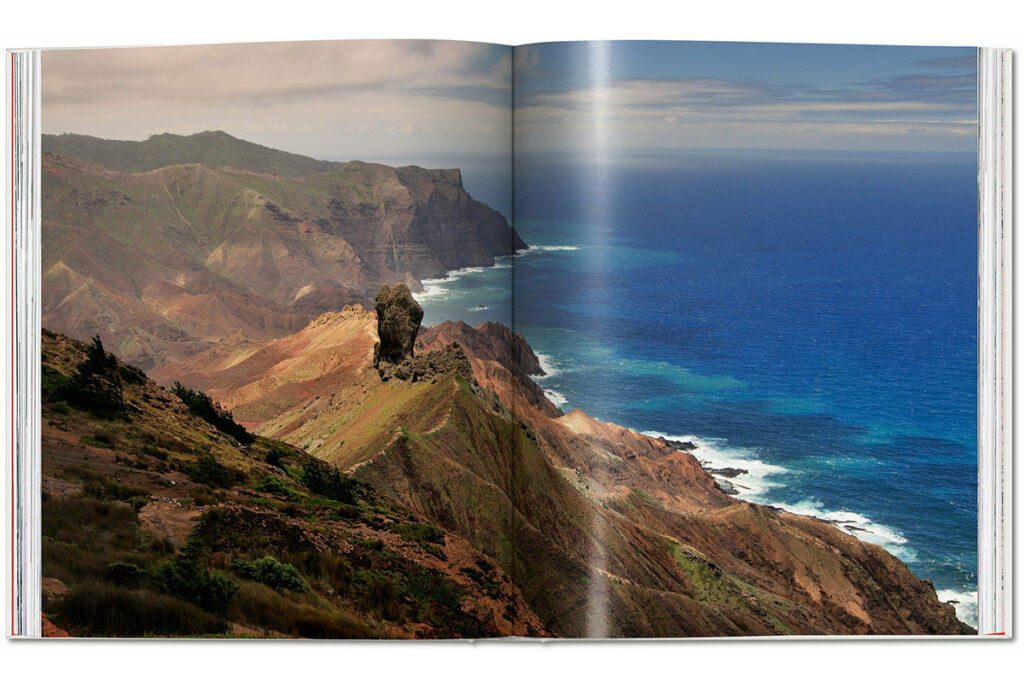
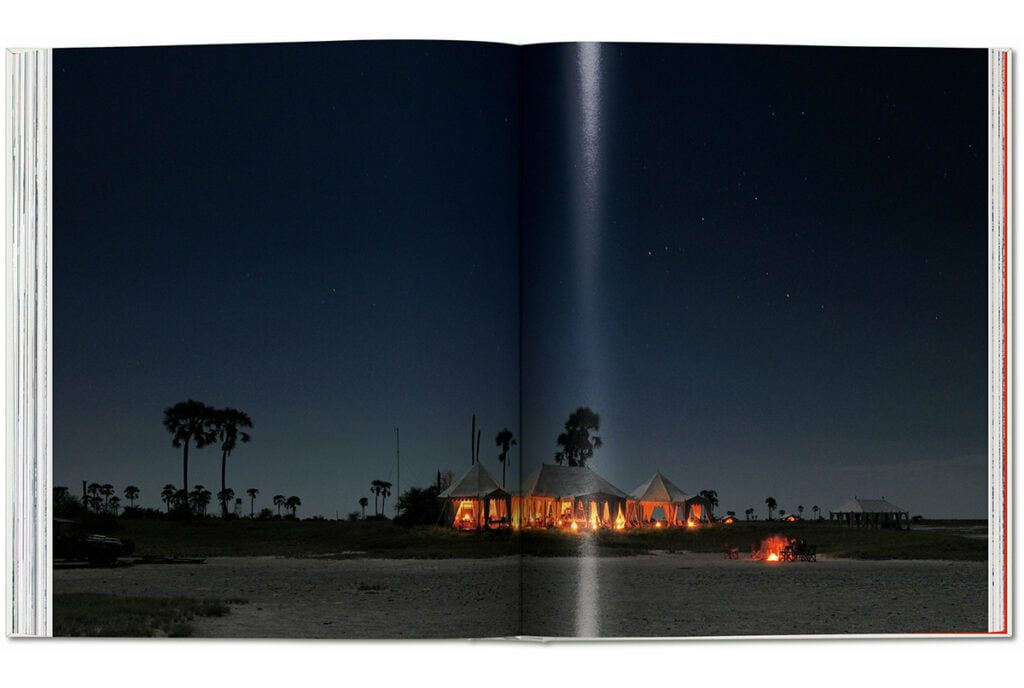
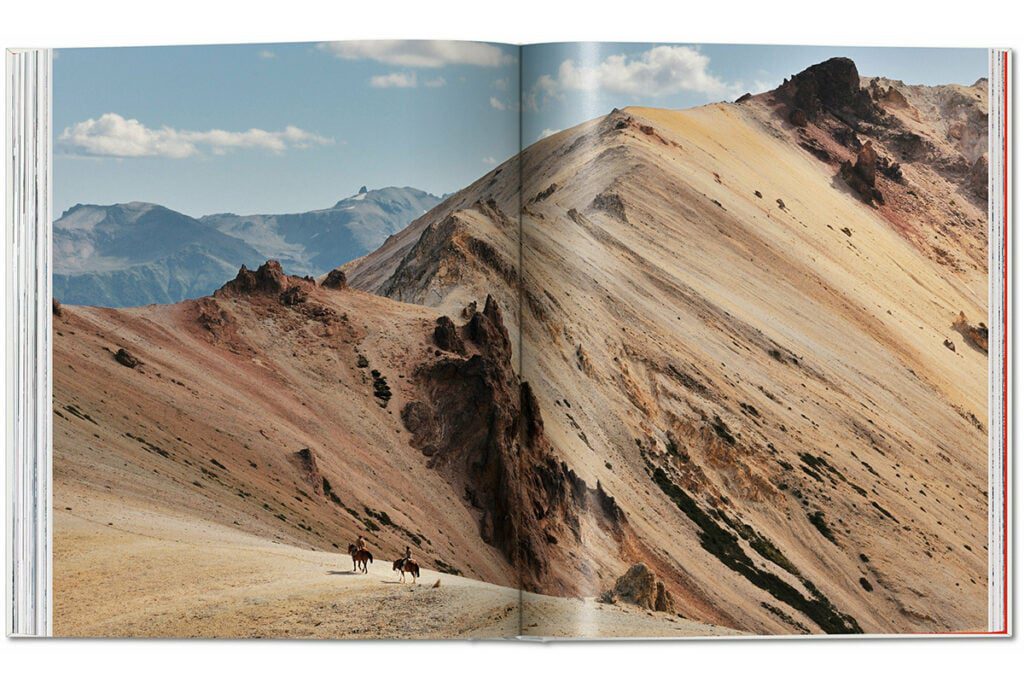
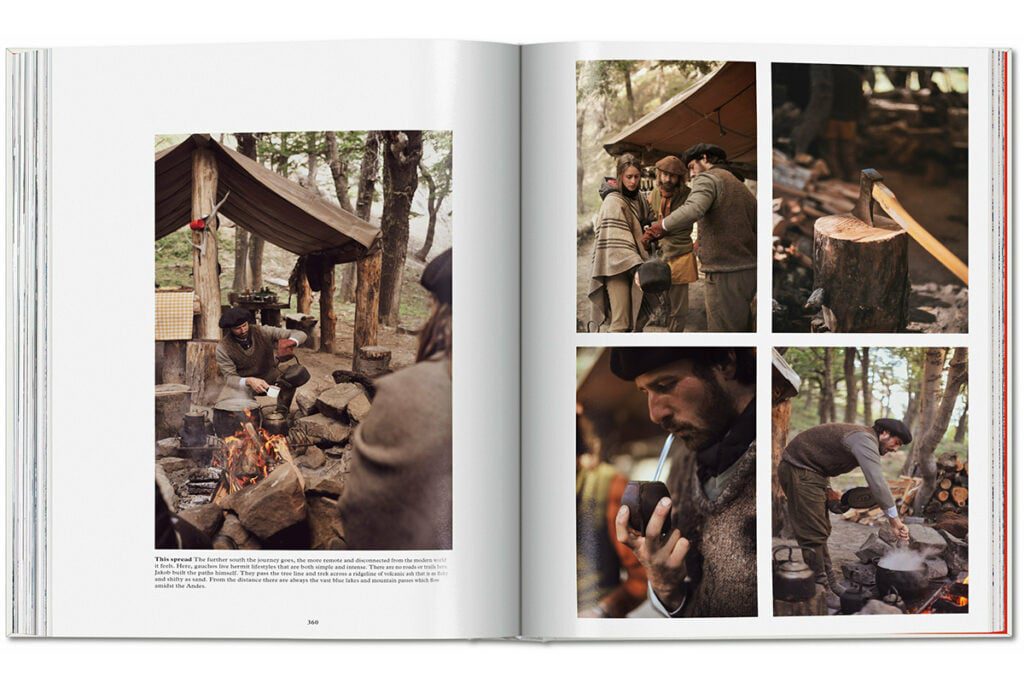
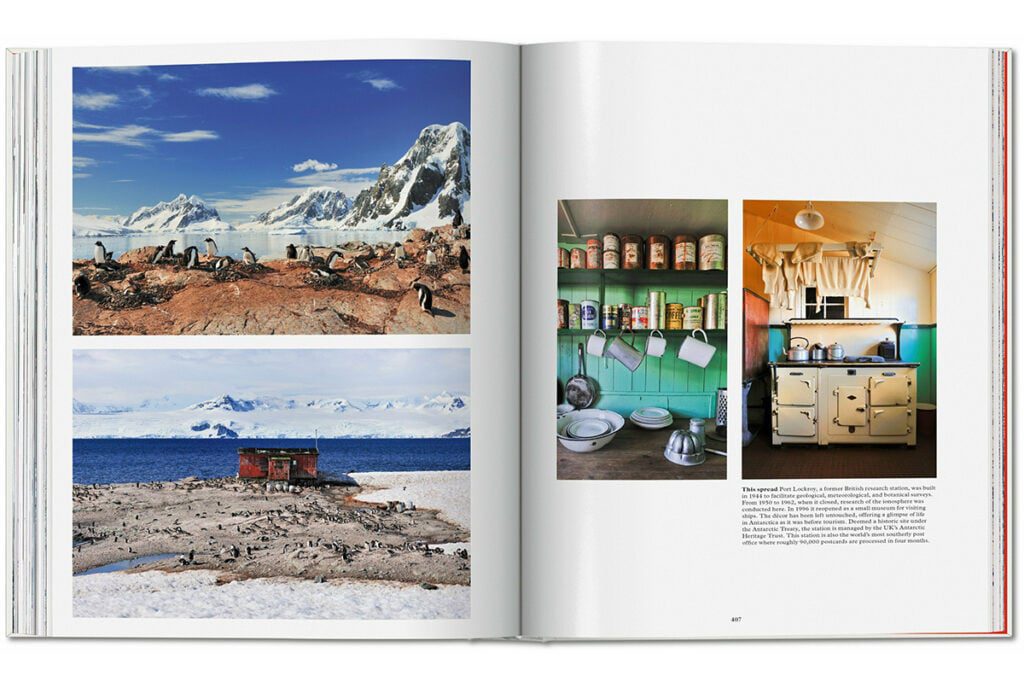
Related Topics


